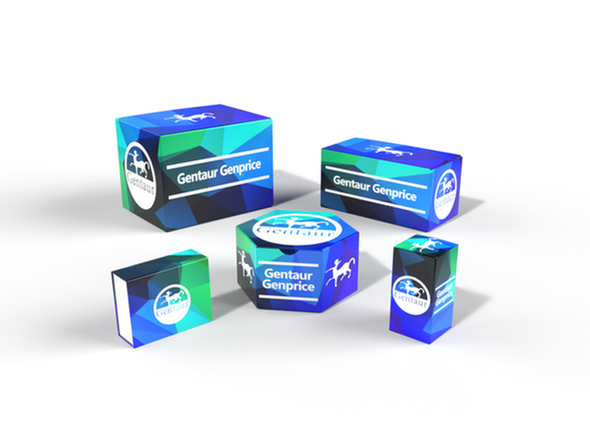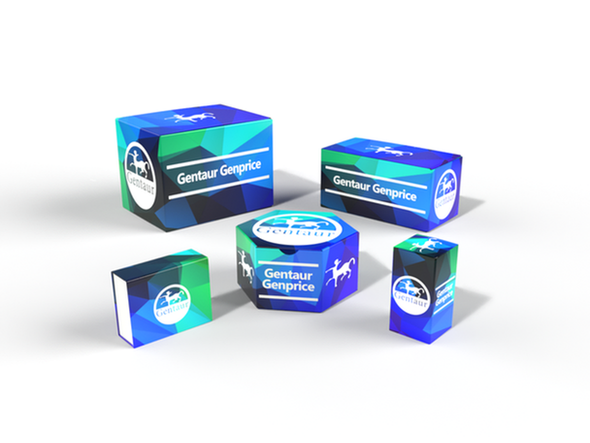BW
PKA Iα reg (Q304) polyclonal Antibody | BS1926
- SKU:
- BW-BS1926
- Availability:
- Usually ships in 5 working days
Description
PKA Iα reg (Q304) polyclonal Antibody | BS1926 | Gentaur UK, US & Europe Distribution
Host: Rabbit
Reactivity: Human,Mouse,Rat
Application: IHC IF
Application Range: IHC: 1:50~1:200 IF: 1:50~1:200
Background: The second messenger cyclic AMP (cAMP) mediates diverse cellular responses to external signals such as proliferation, ion transport, regulation of metabolism and gene transcription by activation of the cAMP-dependent protein kinase (cAPK or PKA) . Activation of PKA occurs when cAMP binds to the two regulatory subunits of the tetrameric PKA holoenzyme, resulting in release of active catalytic subunits. Four different PKA regulatory subunits have been identified, designated Ia, Ib, IIa and IIb. The PKA Ia reg protein is a tissue-specific extinguisher that downregulates the expression of seven liver genes in hepatoma x fibroblast hybrids. Functional null mutations in the gene that codes for PKA Ia reg cause Carney complex (CNC) . CNC is an autosomal dominant multiple neoplasia syndrome. CNC is associated with a variety of characterized symptoms such as cardiac and other myxomas, spotty skin pigmentation, endocrine tumors and psammomatous melanotic schwannomas.
Storage & Stability: Store at 4°C short term. Aliquot and store at -20°C long term. Avoid freeze-thaw cycles.
Specificity: PKA Iα reg (Q304) polyclonal Antibody detects endogenous levels of PKA Iα reg protein
Molecular Weight: ~ 43 kDa
Note: For research use only, not for use in diagnostic procedure.
Alternative Names: AMP-dependent protein kinase type I-alpha regulatory subunit,Tissue-specific extinguisher 1,TSE1,PKR1, PRKAR1, TSE1,PRKAR1A
Immunogen: Synthetic peptide, corresponding to amino acids 271-320 of Human PKA Iα reg.
Conjugate: Unconjugated
Modification: Unmodification
Purification & Purity: The Antibody was affinity-purified from rabbit antiserum by affinity-chromatography using epitope-specific immunogen and the purity is > 95% (by SDS-PAGE) .
Pathway:










